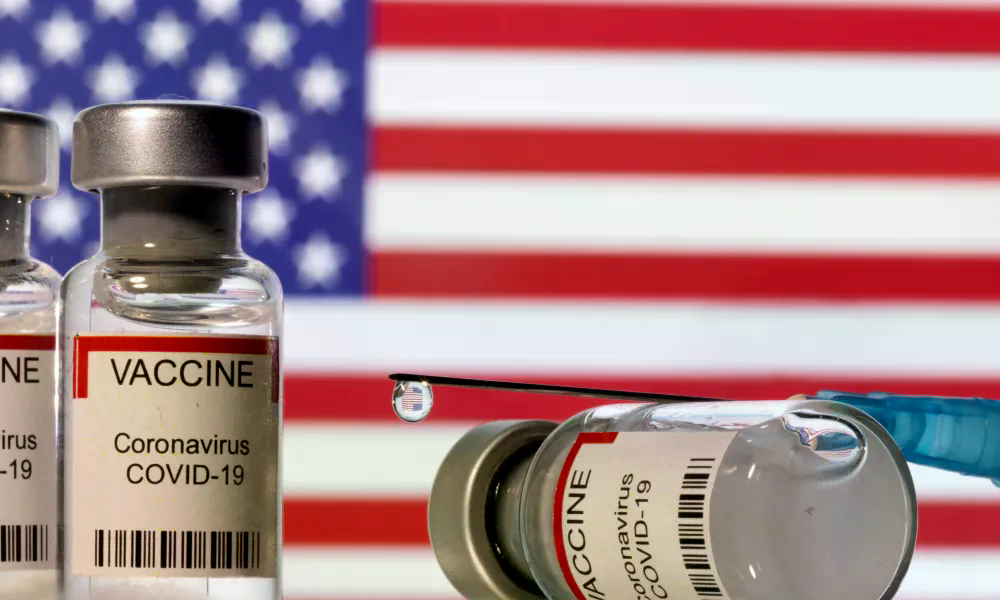
Health officials in the United States are currently evaluating whether to remove aluminium from certain vaccines, as part of broader discussions within the Trump administration regarding vaccine composition and safety. This development has sparked significant debate among medical experts and public health professionals.
The Department of Health and Human Services has made several changes affecting vaccine access, including reducing recommendations for the COVID-19 vaccine and limiting its use to fewer individuals. Additionally, the administration has sought to eliminate the preservative thimerosal from vaccines. However, scientific experts have pointed out that there is insufficient evidence to support such a move.
During a press conference on September 22, President Donald Trump advised against using Tylenol during pregnancy and also stated, “We want no aluminium in the vaccine.” He noted that the administration was already working on removing aluminium from vaccines. Shortly after, on October 8, the Centers for Disease Control and Prevention (CDC) announced the formation of a new working group focused on the childhood vaccine schedule. The group will examine issues related to vaccine ingredients, including the role of aluminium adjuvants.
Robert Malone, an ACIP member known for his skepticism about COVID-19 vaccines, suggested that the committee may find evidence of potential concerns with aluminium in vaccines. He indicated that the group could recommend that patients consult their doctors before receiving vaccines containing aluminium adjuvants. If implemented, this change could significantly affect vaccine accessibility and public health outcomes.
Aluminium is commonly used in vaccines as an adjuvant, a substance that enhances the immune response to ensure effective protection. Small amounts of aluminium are typically included—less than 1 milligram per dose, according to the Children’s Hospital of Philadelphia. To put this into perspective, one milligram is one-thousandth of a gram, roughly equivalent to a fraction of a raisin or a piece of gum.
Aluminium is naturally present in the environment and is consumed through food, water, and air. On average, adults consume between 7 and 9 milligrams of aluminium daily. A baby receiving recommended vaccines in its first six months might be exposed to approximately 4.4 milligrams of aluminium, while breastfed infants ingest about 7 milligrams and formula-fed infants ingest around 38 milligrams from their diet.
Aluminium adjuvants have been used in vaccines for over 70 years, with the CDC noting their long history of safe use. Dr. Peter Hotez, a professor at Baylor College of Medicine, emphasized that aluminium has been a key component in vaccines since the 1920s. All vaccines undergo rigorous testing in animal studies and human clinical trials before being approved by the FDA, and ongoing monitoring ensures their continued safety.
Despite some concerns, extensive research has not found evidence that aluminium adjuvants cause toxicity or other adverse effects. While rare allergic reactions can occur, they are not unique to aluminium. A 2022 study linked aluminium exposure from vaccines to persistent asthma, but experts caution that correlation does not imply causation. Subsequent research, including a 2025 study, found no increased risk of asthma associated with aluminium-containing vaccines.
Approximately 25 vaccines approved in the U.S. contain aluminium adjuvants, including those for HPV, hepatitis, and diphtheria-tetanus-pertussis. In contrast, vaccines for diseases such as COVID-19, Ebola, polio, and measles do not include aluminium. Developing alternatives would be a complex and time-consuming process, as many vaccines rely on aluminium to function effectively.
Removing aluminium from vaccines would likely hinder the ability to prevent numerous infectious diseases. Dr. Kawsar Talaat of Johns Hopkins University warned that such a change could lead to outbreaks of vaccine-preventable illnesses.
A 2011 study suggested a possible link between aluminium in vaccines and rising autism rates, but the World Health Organization later criticized the study as flawed. Experts, including Talaat, emphasize that no conclusive evidence supports a connection between aluminium and autism.


